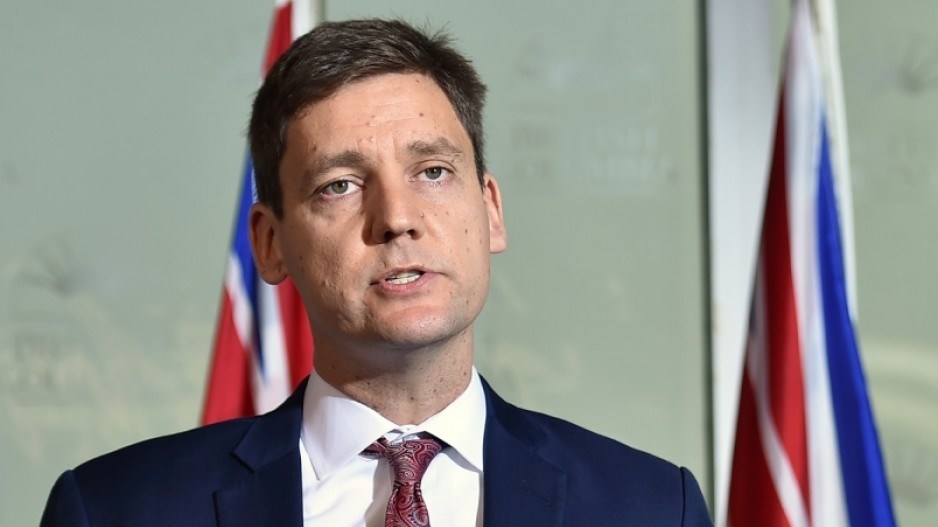Victoria has tapped new and retired provincial court judges, some working in schools, to deal with case backlogs and delays created by the pandemic, Attorney General David Eby said.
"The public health measures that have restricted access to physical courtrooms during the past few months have created a tremendous challenge for the judiciary, the legal profession and court services staff," Eby said.
"Using non-traditional locations for hearings, exploring ways for remote hearings and diversion out of court and making technology more available – including basic technology like conference-style phones and high-speed internet – are all helping us support our judges to do the job they are constitutionally required to do.”
Eby said the judges bring extensive experience to support newer judges to allow the courts to move quickly through the accumulated caseload.
The courts restricted activities in March as the pandemic struck, hearing only essential matters in many cases.
But, as of July 13, the court began hearing some matters commenced by a violation ticket at locations outside courthouses. That need was created due to social distancing requirements.
With assistance of the Court Services Branch and B.C. Sheriff Services, traffic court hearings are now proceeding at staggered times at alternative locations, including the University of Victoria, the University of the Fraser Valley, Kwantlen Polytechnic University and secondary schools.
In some places, such as Kelowna and Fort St. John, hearings are occurring on evenings and weekends when fewer people are in courthouses.
B.C.'s courts are now using enhanced cleaning, new courtroom layouts, physical distancing protocols and verbal health screening prior to entry, Eby said.
"I am grateful to the judiciary, our Court Services Branch, the B.C. Sheriff Services, registry staff and the cleaning teams for their vital roles in protecting the safety of court users and ensuring the smooth running of court operations during this unusual time," Eby said. "In addition to their regular security and escort duties, they have risen to the unique challenges of this pandemic and are key to keeping our courts open and operating as efficiently as possible."
The pandemic has made it clear the courts have fallen behind in use of technology.
To deal with that, Victoria is working with the courts on adopting new strategies and procedures to bring all the province’s courts into the 21st century.
Eby said recently that the moves would be “a very dramatic shift.”
@Jhainswo



